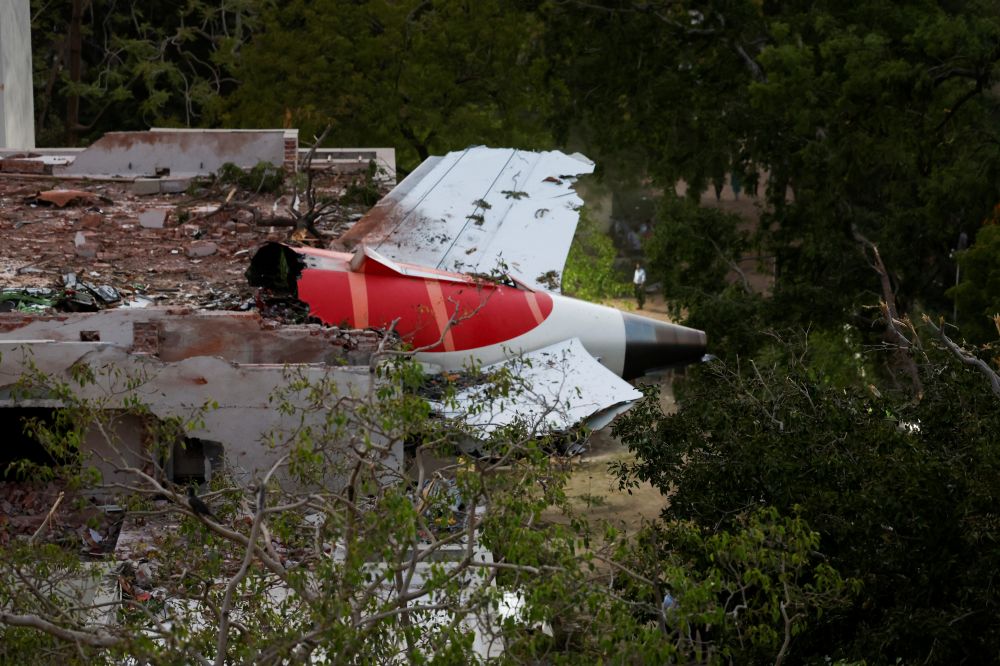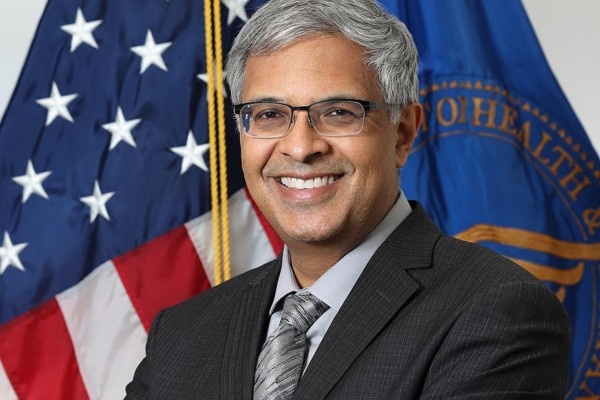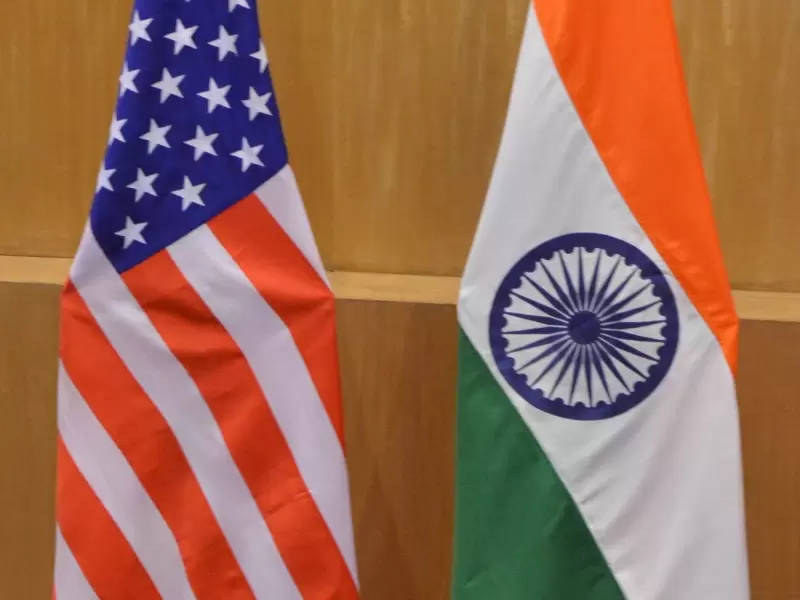Boeing, Honeywell sued by Air India crash victim families
They said Boeing and Honeywell, which respectively installed and manufactured the switch, knew about that risk that fuel supply could be
 A tail of an Air India Boeing 787 Dreamliner plane that crashed is seen stuck on a building after the incident in Ahmedabad, India, June 12, 2025. / REUTERS/Amit Dave
A tail of an Air India Boeing 787 Dreamliner plane that crashed is seen stuck on a building after the incident in Ahmedabad, India, June 12, 2025. / REUTERS/Amit Dave
The families of four passengers who died in the June crash of Air India Flight 171 sued Boeing and Honeywell, blaming their negligence and a faulty fuel cutoff switch for the accident, which killed 260 people.
Flight 171 crashed shortly after takeoff from Ahmedabad en route to London on June 12.
In a complaint filed on Sept. 16 in Delaware Superior Court, the plaintiffs said the locking mechanism for the switch on the Boeing 787-8 Dreamliner could be turned off inadvertently or missing, causing a loss of fuel supply and loss of thrust needed for takeoff.
They said Boeing and Honeywell, which respectively installed and manufactured the switch, knew about that risk, especially after the U.S. Federal Aviation Administration cautioned in 2018 about disengaged locking mechanisms on several Boeing aircraft.
Also Read: FAA sees no mechanical issue with 787 Boeing fuel control unit after Air India crash
By putting the switch directly behind thrust levers, "Boeing effectively guaranteed that normal cockpit activity could result in inadvertent fuel cutoff." the complaint said. "What did Honeywell and Boeing do to prevent the inevitable catastrophe? Nothing."
Boeing, based in Arlington, Virginia, declined to comment on Sept. 17. Honeywell, based in Charlotte, North Carolina, did not immediately respond to requests for comment. Both companies are incorporated in Delaware.
The lawsuit appears to be the first in the United States over the crash.
It seeks unspecified damages for the deaths of Kantaben Dhirubhai Paghadal, Naavya Chirag Paghadal, Kuberbhai Patel and Babiben Patel, who were among the 229 passengers who died.
Twelve crew members and 19 people on the ground were also killed. One passenger survived. The plaintiffs are citizens of India or the United Kingdom, and live in one of those countries.
Indian, UK and American investigators have not conclusively determined the crash's cause.
A preliminary report by India's Aircraft Accident Investigation Bureau in July depicted confusion in the cockpit before the crash.
Also in July, Bryan Bedford, the administrator of the U.S. FAA, expressed a "high level of confidence" that a mechanical problem or inadvertent movement of fuel control components were not to blame.
Boeing incurred more than $20 billion of legal and other costs from two fatal crashes of its 737 MAX aircraft in 2018 and 2019. The best-selling plane was grounded for 20 months.
The case is Paghadal et al v Boeing Co et al, Delaware Superior Court, No. N25C-09-145.
ADVERTISEMENT
ADVERTISEMENT
E Paper
Video




 Reuters
Reuters













Comments
Start the conversation
Become a member of New India Abroad to start commenting.
Sign Up Now
Already have an account? Login